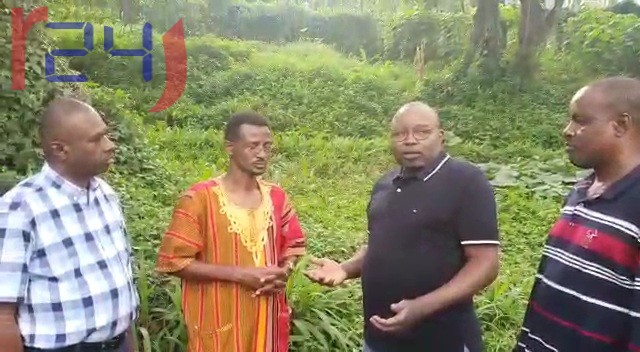The Juba Peace Agreement entered into force, last Sunday, after the signatories of the peace agreement arrived in the Sudanese capital, Khartoum.
According to the statements of the leaders of the armed struggle movements at Khartoum Airport before they arrived at Freedom Square, in which they were received and celebrated the Day of Peace, their first steps will be tours of the states to own the Sudanese people the terms of the agreement.
The signatories say the Peace agreement addressed the root causes of the Sudanese crisis and laid the foundation for building the state the Sudanese people seek.
However, IDPs in the displacement camps in Darfur states believe that the agreement did not address their issues.
In light of this situation, things emerged from the cities of Kampala and Juba with progress in the attempts of the Government of Southern Sudan to include Abdul Wahid Muhammad Nur, head of the Sudan Liberation Movement, into the peace process.
Abdel Wahid Nour said in a video clip that he arrived from the French capital Paris to “Uganda” as part of an initiative through which he intends to conduct a peace dialogue from inside Sudan, to address the roots of the crisis and end the state of war and division.
Meanwhile, the head of the South Sudanese mediation, Counselor Tut Qalwak, said that there is progress in the efforts of the Salva Kiir government to include Abdul Wahid in the peace process, and stated that Abdel Wahid will be in Juba within two days.
It’s worth mentioning that his deputy, General Abdullah Harran, arrived in Juba last week , following an invitation made by the President of the State of South Sudan, Salva Kiir Mayardit, to discuss the movement’s vision for peace in Sudan.
So can Abdel Wahid do what the leaders of the Revolutionary Front did not bring in response to the demands of the displaced people who are the most affected by the war in Darfur ..?
Head of the displaced people in Otash IDP camp in South Darfur, Sheikh Abd al-Raziq Hassan told Darfur 24, that they will not be a party or supporter of a peace agreement unless it addresses their main issues and finds solutions to Their chronic problems as well as including their visions and veiwpoints in Juba Agreement.
Sheikh Abd al-Raziq welcomed Abdel Wahid’s desire to sit with the government or present his peace initiative in Sudan, but he conditional on their support for what Abdul Wahid has reached with the government to enable him to make a breakthrough in their basic cases which he outlined in 5 points, which is the presentation of criminals of the former regime to the International Criminal Court , disarm militias, evict settlers from their lands, bring security and stability to reality, and individually and collectively compensate IDPs and refugees.
“if Abdul Wahid fulfills these demands, then we support the agreement that he brought, and we will immediately proceed to return to our villages and their reconstruction, and if this does not happen, we will continue to cling to our presence in the camps, which are the title of our demands” Hassan Added.
A member of the Coordination of Displaced Persons in the Camps of Central Darfur, Al-Shafi ‘Abdullah, told Darfur 24 that killing, attacks, insecurity and stability are still in Darfur due to the massive proliferation of weapons in the hands of militias, saying that the displaced people support the agreement that achieves a comprehensive peace and addresses their concerns and the root causes of their problems not a peace for allocating jobs to individuals.
Al-Shafie urged the government to open doors to the criminal court teams to complete investigations into the crimes committed in Darfur, uncovering contacts between them and Abdel Wahid, to crystallize his initiative for peace in Sudan.
“Abdel Wahid will come soon and tour all the regions of Sudan and the displacement camps to sit with the Sudanese people to know their issues and what they want” Al-Shafie Concluded .
The question is , will Abdel Wahid Muhammad Nour be able to make his initiative for peace in Sudan a reality?

